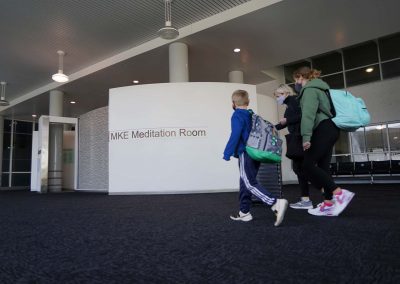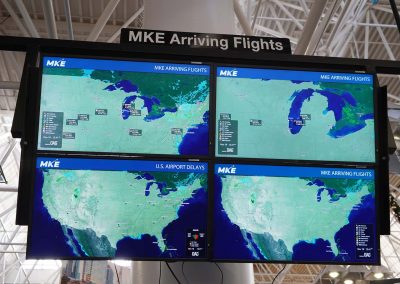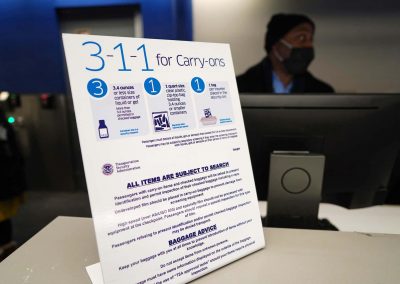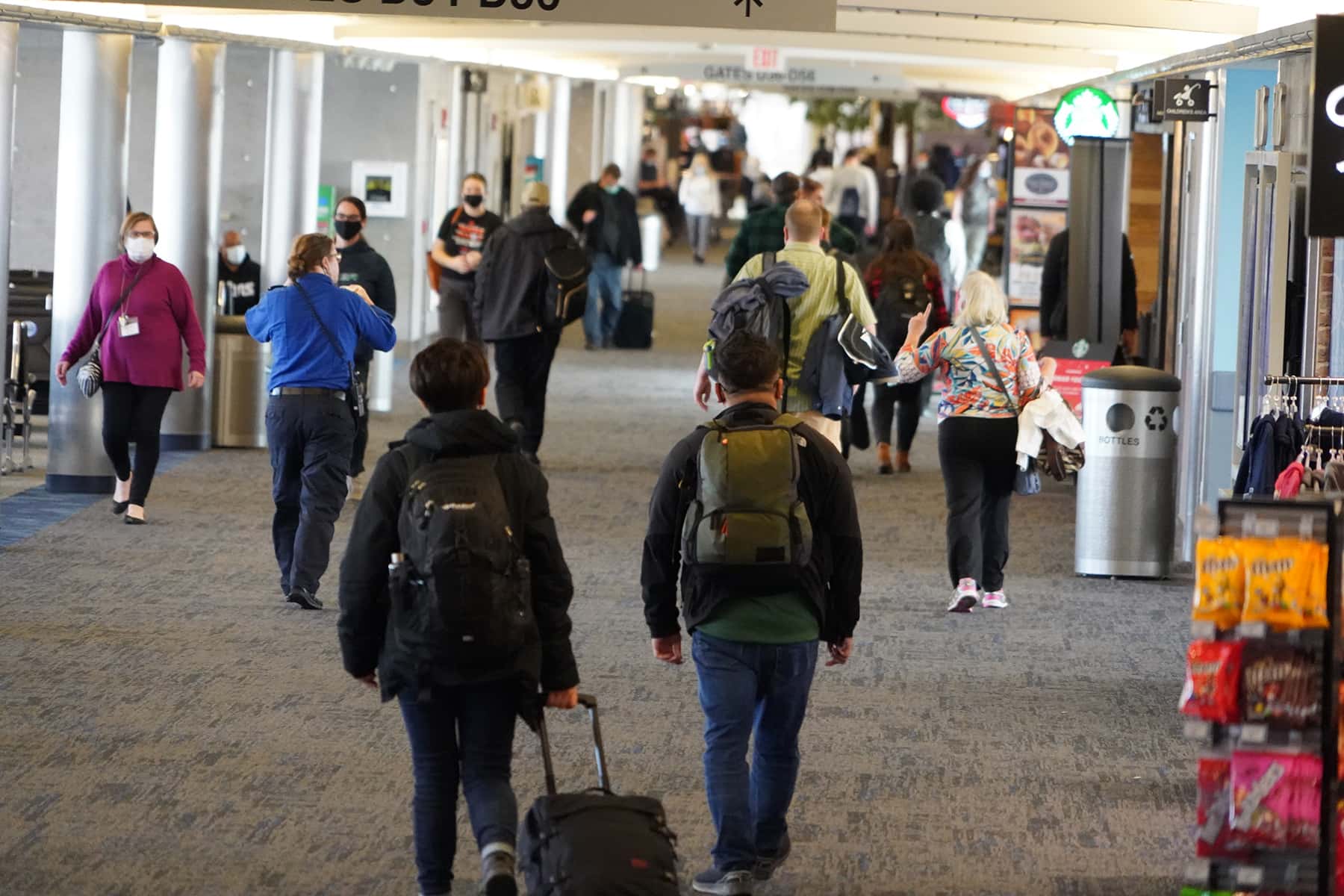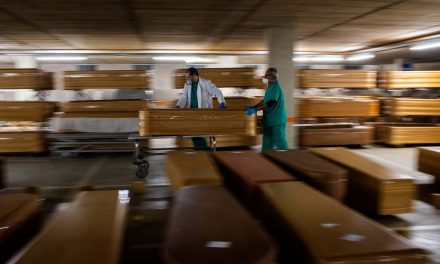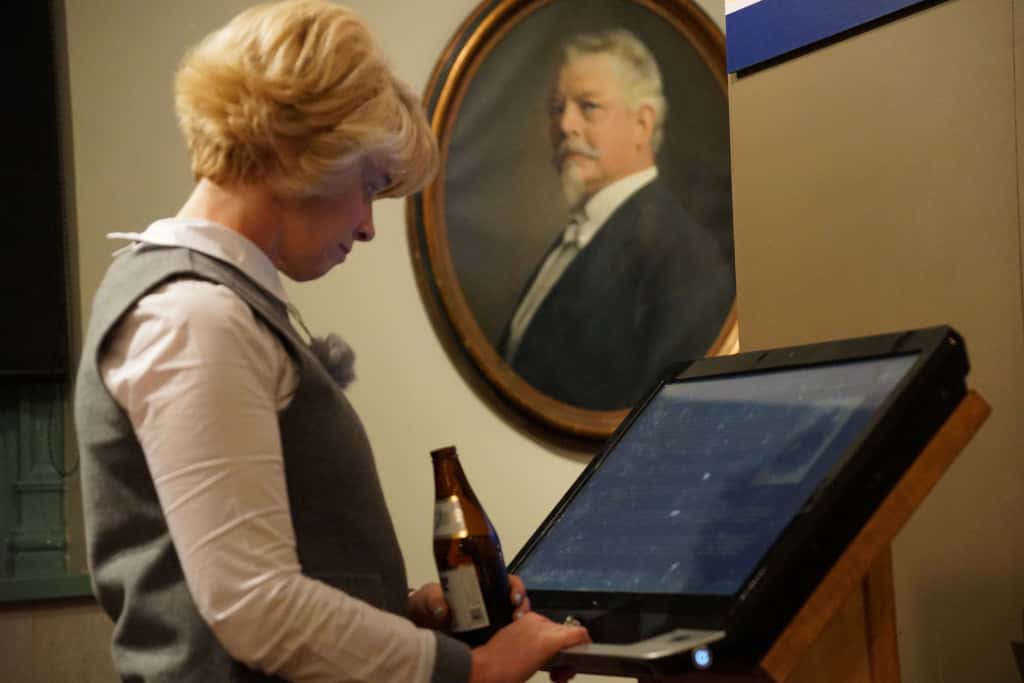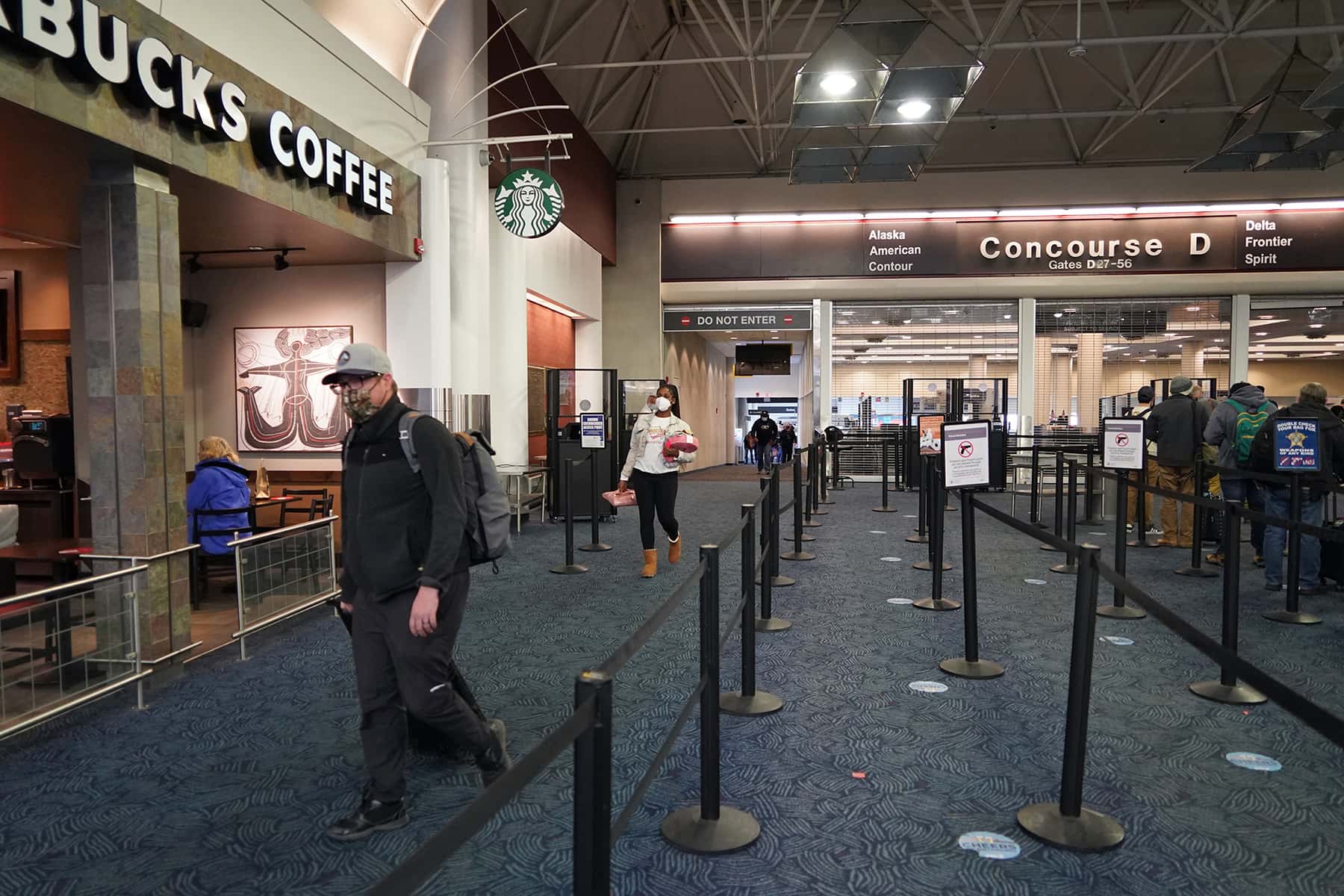
With the winter holiday season’s arrival, the Wisconsin Department of Health Services (DHS) is encouraging Wisconsinites to take steps to protect their health and the health of those around them.
As more contagious variants of the COVID-19 virus expand across an unvaccinated population, the DHS wants the Wisconsin public to remain safe from the disease during the annual holiday festivities.
“Celebrating the holiday season and its traditions is important to Wisconsin families, and we can all celebrate safely this year if we remember to take a few simple steps,” said DHS Secretary-designee Karen Timberlake. “Family and friends planning to gather for celebrations should get vaccinated as soon as possible, including getting a booster if you are eligible, as the COVID-19 vaccine is still the best ways to minimize risk from the virus. If you will not be fully vaccinated in time for the holidays, it is especially critical that you take additional steps to protect yourself and others around you by wearing a mask in public spaces, getting tested if you feel sick or have COVID-19 symptoms, and staying home if you aren’t feeling well.”
Cases of COVID-19 are very high across Wisconsin. Wisconsin hospitals are also nearing capacity, due in part to increasing numbers of people with COVID-19 requiring hospitalization. The overwhelming majority of people in hospitals with COVID-19 have not been fully vaccinated.
Children are at particular risk, as they represent the highest number of new confirmed cases compared to other age groups. Although children are less likely than adults to become seriously ill from COVID-19, they can spread the disease to others in their households.
Ideas for staying connected while minimizing your risk for getting or spreading COVID-19
If you plan to gather for the holidays, the DHS has some recommendations to help minimize your risk for getting or spreading COVID-19:
Everyone who is eligible to get vaccinated should get any of the COVID-19 vaccines as soon as possible. You are considered fully vaccinated against COVID-19 two weeks after you’ve received either a single-dose vaccine, like Johnson & Johnson, or the second dose of two-dose vaccine like Pfizer or Moderna.
If you have symptoms of COVID-19, or were in close contact with someone with COVID-19, please get tested. Avoid attending gatherings if you are sick, have symptoms of COVID-19, or were in close contact with someone with COVID-19.
Wear a well-fitted mask over your nose and mouth if you are in a public indoor setting if you are not fully vaccinated. Even if you are fully vaccinated, you should wear a mask indoors if you are in an area with high transmission. Consider wearing a mask at private, family gatherings if you have loved ones who may be at increased risk for severe COVID-19 illness.
If you gather to celebrate, try to physically distance as much as possible. Gathering outdoors is always safer. Meet with friends and family for a post-meal walk outside. If you celebrate indoors, provide extra space between the chairs at the table. Consider setting up different areas in your home for activities to allow for physical distancing. If food is served at a gathering, avoid crowding in areas where food is being served.
People who have a condition or are taking medications that weaken their immune system may not be fully protected even if they are fully vaccinated and have received an additional dose. Take all precautions against COVID-19, such as wearing a mask, physical distancing, and practicing good hygiene, if you or a family member have a weakened immune system.
Consider wearing a mask indoors regardless of your vaccination status if a member of your household is immunocompromised or unvaccinated. Do not put a mask on children younger than 2 years old.
© Photo
Lee Matz

